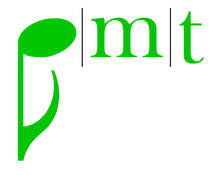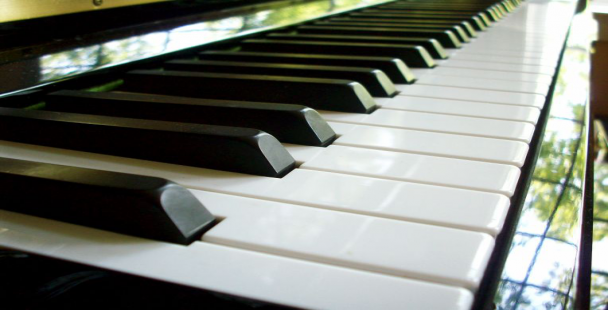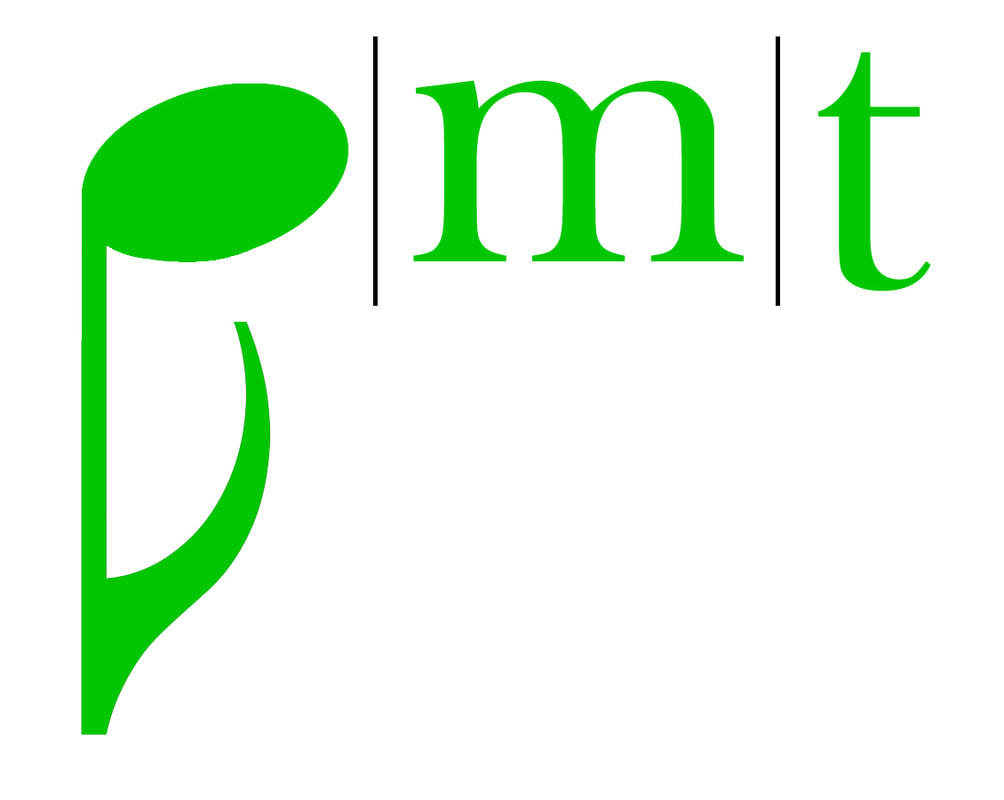Author: Ashley Tisdale, MT-BCI recently returned from participating in Drum Circle Facilitators Guild Conference in Myrtle Beach! As a music therapist, it's important to keep up with current research and findings to inform clinical work. This month, I found an *article about at-risk families and how music therapy can promote and improve emotional communication and support parent - child interaction. Here is a short breakdown of the details in this article! Where? This study was performed at a family care center in Denmark. Who? 18 families (one parent and one child) participated. They were all described by social services as exhibiting signs of emotional neglect. The children's age ranged between 5 and 12 years old. Parents selected showed signs of emotional neglect and other minor mental health concerns such as depression and high stress. The research was conducted by Jacobsen, S. L., McKinney, C. H., & Holck, U.. Why? This study was performed to explore how music therapy can affect parent-child interaction, parent stress, and parent-child relationship in families - specifically those in which the children have exhibited emotional neglect. Method? These 18 families were split into two groups: one group that received psychological and educational support (referred to as the "treatment as usual" group in the article) and one group that received both music therapy and treatment as usual. The music therapy sessions took place once a week over 10 weeks and each session was 45 minutes long. Results? Using various measurable tools and assessments over the 10 week period, the researchers determined that music therapy: 1) Considerably improved the parent's perceived ability to talk to their child 2) Increased the parent's perceived empathy levels 3) Improved mutual attunement and non-verbal communication skills between the parent and child 4) Improved the way the parents viewed their children (children were perceived as less stressful) As this study has shown, more positive parent-child interaction is essential to treating emotional neglect in children. I am looking forward to applying some of the knowledge I gained in reading this article to my sessions! *Jacobsen, S. L., McKinney, C. H., & Holck, U. (2014). Effects of a Dyadic Music Therapy Intervention on Parent-Child Interaction, Parent Stress, and Parent-Child Relationship in Families with Emotionally Neglected Children: A Randomized Controlled Trial. Journal of Music Therapy, 51(4), pp. 310 - 330. Comment below about what you gleaned from this research article... If you would like more information about music therapy research or music therapy sessions, contact our team! Don't forget to follow our practice on Instagram or Facebook and subscribe to our monthly newsletters Categories All
0 Comments
Two more days until...Melissa Reinhardt, MSEd, MT-BC returns to South County Regional Library to make music in partnership with Down Syndrome Association of Greater Charlotte. This music class is for young children with Down syndrome and their parents or guardians. Miss Melissa will explain benefits of music therapy and music making for early childhood and share summer camp programs that PMT is offering in Charlotte. Read more about Friday's class on our promo flier:
 Today we join in the international celebration of music therapy. March 1, 2018 is World Music Therapy Day. Learn more about this global initiative organized by World Federation of Music Therapy. If you're on Facebook then check out some of the memes that were collected for the World Music Therapy Day Meme Contest! Join us in celebrating music therapy here in the Carolinas and all across the world. |
PMTProviding music therapy services for early childhood to older adults, music instruction and enrichment plus continuing music therapy education in Greater Charlotte Area of the Carolinas. Archives
May 2024
Categories
All
|
||||||
Piedmont Music Therapy is a 501(c)(3) status organization.
Piedmont Music Therapy accepts donations via venmo @piedmontmusictherapy or any amount through QuickBooks. Contact us to arrange an electronic pledge!
Main Location |
|


 RSS Feed
RSS Feed
